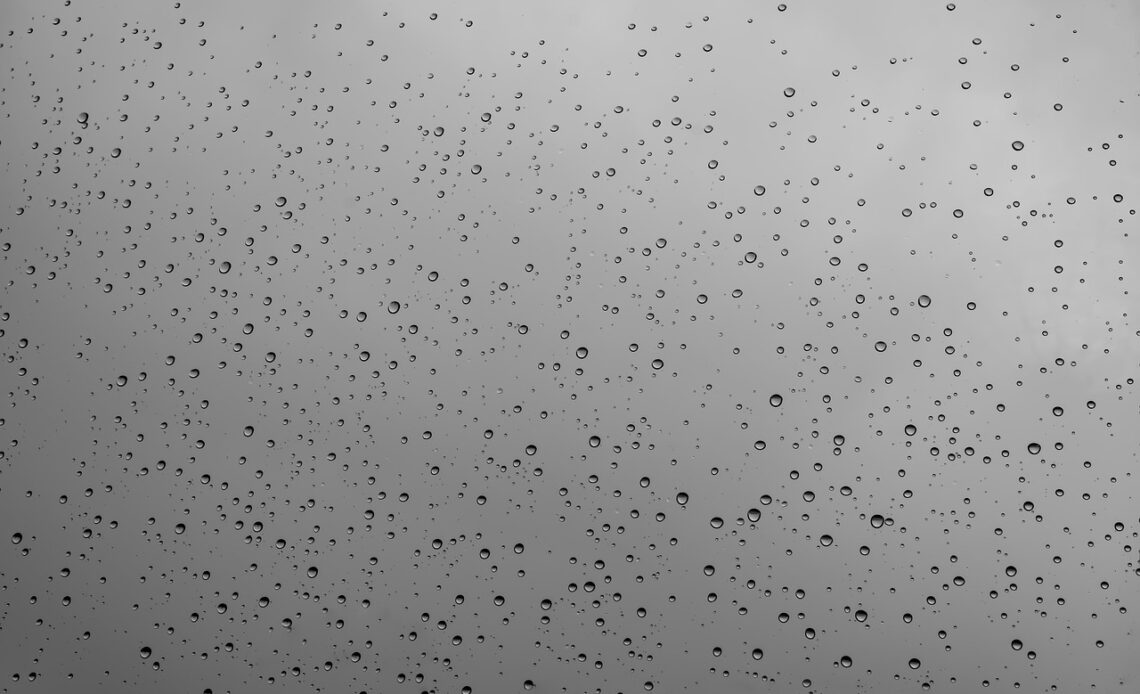
Vaseline, also known as petroleum jelly, has been used for decades as a moisturizer for various parts of the body, including the face. Some people swear by its effectiveness as a cheap and easy way to hydrate the skin. However, others are skeptical and wonder if using petroleum-based products on the face is safe.
So, is Vaseline good for your face? The answer is subjective and depends on your skin type. On one hand, Vaseline can create a barrier on the skin that locks in moisture, and may even soothe irritated or dry skin. It may also help reduce the appearance of fine lines and wrinkles. But on the other hand, Vaseline is a heavy product that may clog pores, leading to breakouts and acne. It may also make the skin feel greasy and shiny, and may not be the best option for those with oily or acne-prone skin.
There are also natural and organic alternatives to Vaseline that may provide similar benefits without the potential drawbacks, such as coconut oil, jojoba oil, and shea butter. It’s important to consider your skin type and potential sensitivities before incorporating Vaseline into your skincare routine.
In conclusion, while Vaseline can be a beneficial product for some skin types, it may not be the best option for everyone. It’s always a good idea to do your research and consult with a dermatologist before trying any new skincare product.
The Benefits of Using Vaseline on Your Face
Using Vaseline on your face can have several benefits. One of the major benefits is that it creates a barrier on the skin that prevents moisture loss. This barrier helps to lock in moisture and keep the skin hydrated for a longer period of time. Moreover, Vaseline may also have a soothing effect on irritated or dry skin, providing relief and comfort. Additionally, Vaseline has been shown to reduce the appearance of fine lines and wrinkles, making it a popular choice for anti-aging skincare routines.
Overall, Vaseline has several potential benefits when used on the face. Its ability to lock in moisture and soothe skin make it an effective moisturizer. However, as with any product, it may not work for everyone, and those with oily and acne-prone skin should be cautious before using it on their face.
The Drawbacks of Using Vaseline on Your Face
While Vaseline has potential benefits for skin hydration and fine line reduction, it also has drawbacks that should be considered before use. One of the main drawbacks is that Vaseline is a heavy product that may clog pores and lead to breakouts and acne. This is especially true for those with oily or acne-prone skin.
In addition, Vaseline can also make the skin feel greasy and shiny, which may be undesirable for some individuals. It is important to note that while Vaseline may provide short-term relief for dry or irritated skin, it may not address underlying issues causing the dryness and irritation.
If you have concerns about the potential drawbacks of Vaseline, there are alternative natural and organic options for moisturizing the skin. For example, coconut oil, jojoba oil, and shea butter are all options that may provide similar benefits without the potential drawbacks of Vaseline.
In summary, while Vaseline can be a useful tool for hydrating the skin and reducing the appearance of fine lines and wrinkles, it may not be the best option for everyone. It is important to weigh the potential benefits and drawbacks before incorporating Vaseline into your skincare routine.
Alternatives to Vaseline
If you are looking for alternatives to Vaseline as a moisturizer for your face, there are many natural and organic options available. One popular alternative is coconut oil, which is rich in antioxidants and has anti-inflammatory properties. Jojoba oil is another great option, as it closely resembles the natural oils produced by the skin and can help regulate oil production. Shea butter is also a popular alternative, as it is deeply moisturizing and can improve skin elasticity.
When considering alternatives to Vaseline, it is important to choose products that are non-comedogenic, meaning they won’t clog your pores. Look for options labeled as such, or consider doing a patch test on a small area of your face before applying a new product all over.
Overall, while Vaseline can be a useful tool for some skin types, there are plenty of other options available for those looking for a more natural approach to skincare. Experiment with different products and find what works best for your skin’s unique needs.
Conclusion
Overall, it can be said that Vaseline has both potential benefits and drawbacks when it comes to using it on your face as a moisturizer. While it may be helpful for some skin types in terms of keeping the skin hydrated and reducing fine lines and wrinkles, it may not be suitable for everyone due to its heavy texture that can clog pores and cause breakouts.
When considering using Vaseline on your face, it is important to take into account your skin type and any potential sensitivities or allergies you may have. Additionally, it may be beneficial to explore alternative natural and organic options for moisturizing the skin, such as coconut oil and shea butter.
In conclusion, while Vaseline may be a suitable option for some, it may not be the best choice for everyone. It is important to carefully consider your individual needs and preferences before incorporating it into your daily skincare routine.

